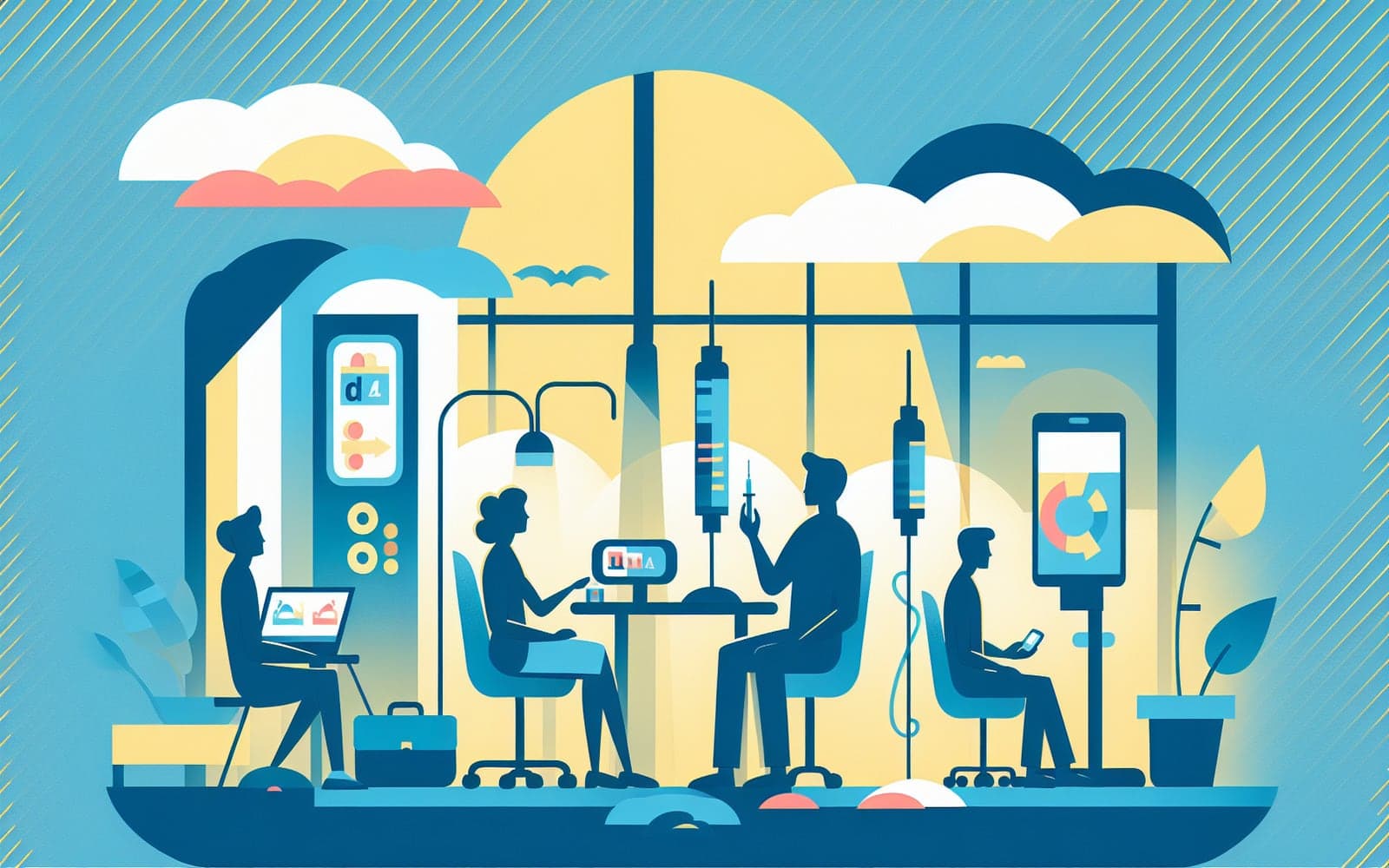Intensive Insulin Therapy: Is It Worth the Effort for Type 1 Diabetes?
Published: Feb 25, 2024

Medically reviewed by Becky Powers | MD, The University of Texas Medical School - Houston, Texas on February 25th, 2024.
Intensive insulin therapy aims to keep blood sugar levels as close to normal as possible in people with type 1 diabetes. But is all that extra effort really worth it?
Contents
The Benefits: More Than Meets the Eye
Intensive therapy can significantly reduce the risk of diabetes complications. It's like investing in your health - the more you put in now, the bigger the payoff later. Studies show it can lower the risk of eye, kidney, and nerve problems by up to 76%.
The Long-Term Payoff
The benefits of intensive therapy can last for years, even if you can't maintain the same level of control later. This phenomenon is called 'metabolic memory'. Think of it as building a strong foundation for a house - even if the maintenance slips a bit later, the structure remains solid.

The Challenges: It's Not All Smooth Sailing
Intensive therapy requires more effort and carries some risks. The main concern is an increased risk of low blood sugar (hypoglycemia). It's like trying to hit a bullseye - aiming for perfect control can sometimes overshoot the mark. Weight gain can also be a side effect.
Frequently Asked Questions
Usually 4-10 times daily, or use continuous glucose monitoring.
Some weight gain is common, but can be managed.
It depends on individual factors; discuss with your doctor.
Key Takeaways
While intensive insulin therapy requires more effort, the long-term benefits for many people with type 1 diabetes make it a valuable approach.
Curious if intensive insulin therapy is right for you? Consult with Doctronic to explore your options.Related Articles
References
Diabetes Control and Complications Trial Research Group. N Engl J Med 1993; 329:977.
Nathan DM, et al. N Engl J Med 2005; 353:2643.
This article has been reviewed for accuracy by one of the licensed medical doctors working for Doctronic. Always discuss health information with your healthcare provider.

